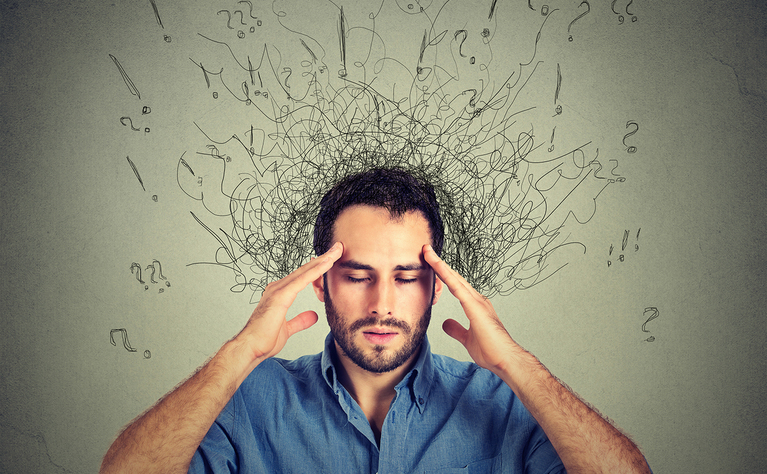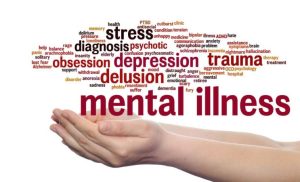World Mental Health Day 2025: Ensuring access to mental health services

Team L&M
Every year, World Mental Health Day draws global attention to issues of psychological well-being and access to care. In 2025, the theme — “Access to Services – Mental Health in Catastrophes and Emergencies” — underscores an urgent truth: when disasters strike, mental health support must not be sidelined. Natural calamities, pandemics, conflicts, or other emergencies compound existing stresses and traumas, often overwhelming fragile systems. Ensuring timely, equitable access to mental health services becomes a matter of survival and resilience.
In emergencies, communities are torn apart, infrastructure collapses, and basic needs dominate the discourse. Yet emotional and psychological wounds — anxiety, grief, post-traumatic stress — can persist long after physical recovery. To prevent enduring damage, mental health care must be integrated into emergency response plans. Outreach, mobile clinics, telepsychiatry, community support networks, and training first responders in psychological first aid are all vital pillars.
As Dr. Sonal Anand, Consultant Psychiatrist at Wockhardt Hospitals, Mira Road, reminds us: “In times of crisis, mental health care must not be an afterthought — it must be woven into the very fabric of relief efforts, so no one is left to suffer in silence.” Her perspective highlights that mental health access cannot wait until the dust settles. Even as relief supplies, shelter, and medical care are mobilised, psychosocial support must flow alongside.
On this World Mental Health Day, stakeholders — governments, NGOs, health systems, donors — must commit to bridging the gap between crisis response and mental health services. Resources should be allocated proactively; local mental health professionals must be empowered; vulnerable populations (children, elderly, displaced persons) need prioritized support. Equally important is community-based resilience: peer support groups, culturally sensitive counselling, awareness campaigns and reducing stigma so individuals will seek help.
“When catastrophes strike, our ability to heal is not only in rebuilding buildings but restoring minds. If we fail to ensure access to mental health services during emergencies, we risk leaving deep invisible scars on individuals and societies. This World Mental Health Day, let us vow that in every disaster response, mental health is not optional — it is essential,” Dr Anand.


